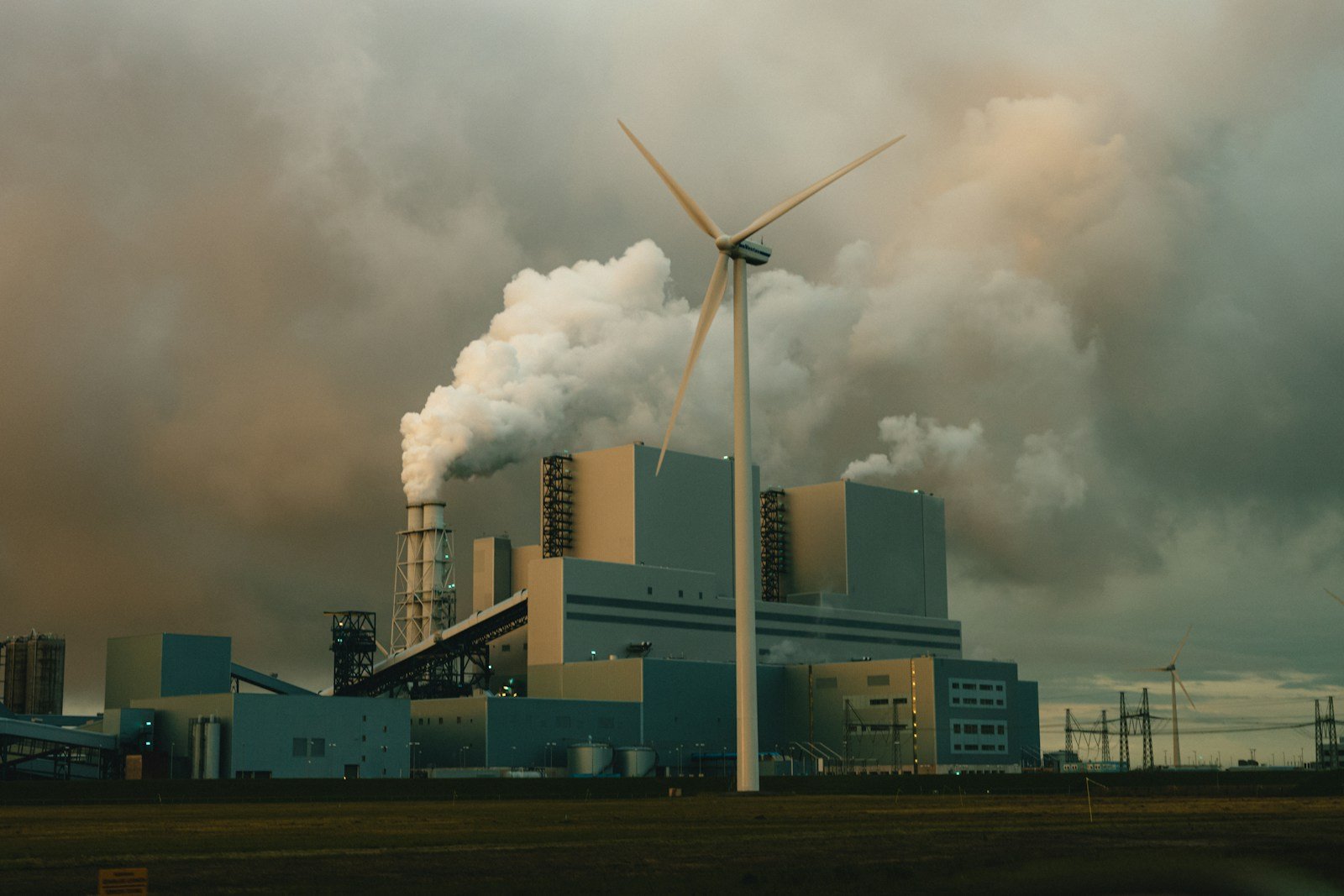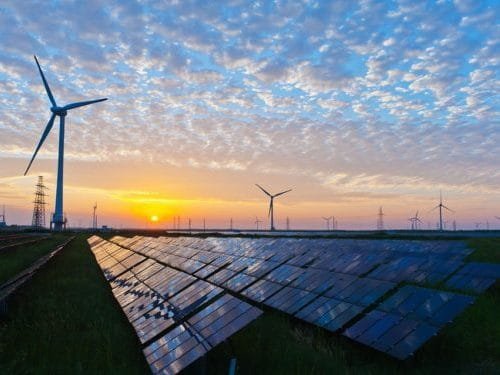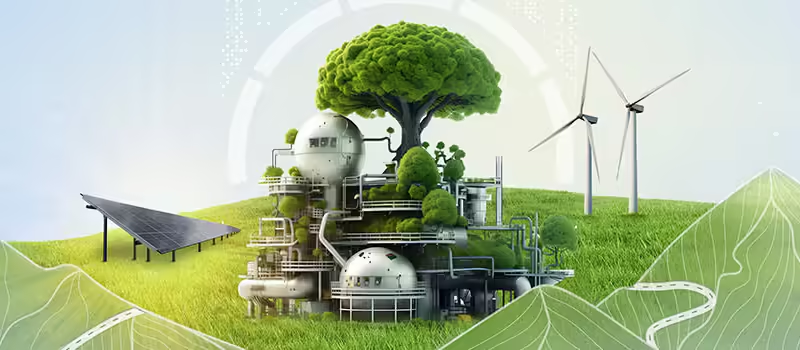Summary
1. Geopolitical conflicts and tensions are complicating and slowing down the energy transition, making it crucial to overcome these obstacles to rapidly cut emissions and limit global warming.
2. Rising right-wing populism and anti-climate sentiments threaten democratic norms and trust in political systems, hindering collective action to address climate change.
3. International climate finance discussions are at risk of being derailed by tensions between major global powers, such as China, US, and EU, which could hinder progress towards ambitious climate goals.
4. The need for multilateral cooperation and a just transition towards a sustainable future is essential in the face of growing geopolitical risks and economic stressors.
Key passage:
With the world nearly half way through a “critical decade” for climate action, overcoming geopolitical risks in order to start rapidly cutting emissions is paramount to limiting global warming.
Carbon Brief has asked a range of scientists, policy experts and campaigners from around the world what they think the biggest geopolitical risks to climate action will be in 2024.
[...]
Read the full post at Carbon Brief.





